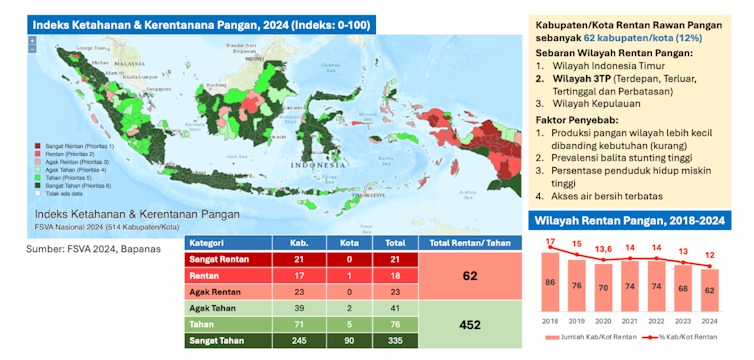Hong Kong Baptist University and Elsevier Report Highlights Global Expansion of Chinese Medicine Research, Urges Standardised Frameworks for Broader Integration
- Written by Hong Kong Baptist University

HKBU and Elsevier launched a new report "Evolving Legacy: Decoding the Scientific Trajectory of Chinese Medicine", highlighting the growing global impact of Chinese Medicine research in diversified healthcare solutions.
Key findings from the report include:- Rapid expansion: Chinese Medicine research grew at a 10.6% compound annual growth rate — more than double the global research average — nearly tripling output between 2014 and 2023.
- High scholarly impact: 14.2% of Chinese Medicine papers ranked among the world's top 10% most-cited (global norm: 10%), with a field-weighted citation impact (FWCI) of 1.12.
- Interdisciplinary breadth: Medicine dominates (61.9% of output), followed by Biochemistry, Genetics & Molecular Biology (33.1%) and Pharmacology (28.1%). Citing publications span diverse major domains — from Engineering to Materials Science.
- Global collaboration hubs: Hong Kong SAR and Macao SAR exceed 80% cross-regional collaboration, above the 18% world average, and achieving FWCI >1.6 in cross-regional collaborative publications.
- Emerging research foci: Top-published trending topics include "Herbaceous Agent | Chinese Medicine | Network Pharmacology" and COVID-19 applications, reflecting integration of omics, AI and systems methods.
- Societal resonance: 11.1% of research outputs were mentioned on social media and 2.9% cited in policy documents, reflecting growing public and policymaker interest.
Chinese Medicine's mainstream integration lacks a global, transparent, evidence-based framework. To elevate its scientific profile, key strategies include developing internationally accepted clinical guidelines through expert consensus, enhancing trial reporting standards to improve research quality, and fostering interdisciplinary, cross-regional collaboration to drive innovation and systemic impact.
"'Evolving Legacy' demonstrates how Chinese Medicine research has matured into a global, evidence-informed field," said Professor Lyu Aiping, Vice-President (Research & Development), HKBU, and a leading expert in Chinese Medicine. "We envision a future where data science and AI illuminate what Chinese Medicine research has long intimated, providing deeper insights into health classifications and compound interventions. The next frontier is using Chinese Medicine research to uncover insights possibly overlooked in Digital Health and Systems Medicine, strengthening their scientific foundation and impact."
"This report offers unprecedented insights into Chinese Medicine's evolving scientific landscape," added Basak Candemir, Business Development Director, Analytical and Data Services, Elsevier. "It illuminates the growing global impact of Chinese Medicine research and its role in diversified healthcare solutions, making a vital step towards bridging traditional knowledge with modern validation for the benefit of global health."
The report was developed using Elsevier's bibliometric tools, Scopus and SciVal, based on a comprehensive dataset and case studies compiled in collaboration with HKBU Chinese Medicine research experts. The report can be accessed on https://cm-evaluation.scm.hkbu.edu.hk/[2].
Hashtag: #HKBU
The issuer is solely responsible for the content of this announcement.
References
- ^ Media OutReach Newswire (www.media-outreach.com)
- ^ https://cm-evaluation.scm.hkbu.edu.hk/ (cm-evaluation.scm.hkbu.edu.hk)
Authors: Hong Kong Baptist University
Read more https://www.media-outreach.com/news/turkey/2025/06/18/389727/




